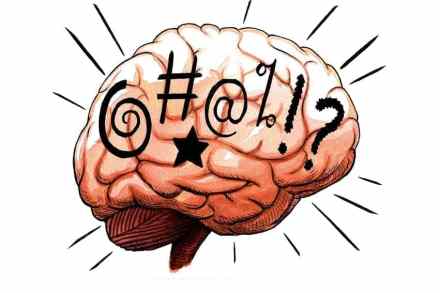What Five Eyes does – and doesn’t – see
In the famous ‘Rainbow Portrait’ of Elizabeth I her gown is embroidered with eyes and ears, a reference to her efficient surveillance of the threats to the emerging nation state that was Tudor England. ‘Five Eyes’ is the modern equivalent of the concept but applied to the general security of the Anglosphere: the UK, the US, Canada, Australia and New Zealand. For an alliance that was originally one of listeners more than watchers, it might have been more correctly called ‘Five Ears’, but that name would hardly have conveyed its permanent vigilance. The existence of Five Eyes owes more to historical accident than deliberate design – it could never be








